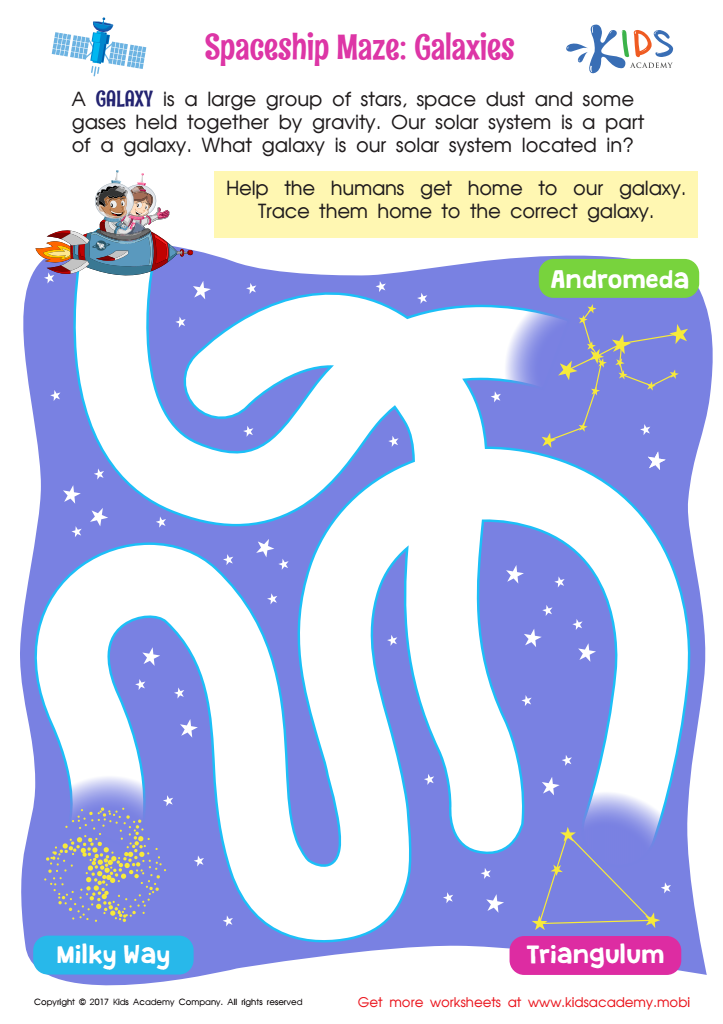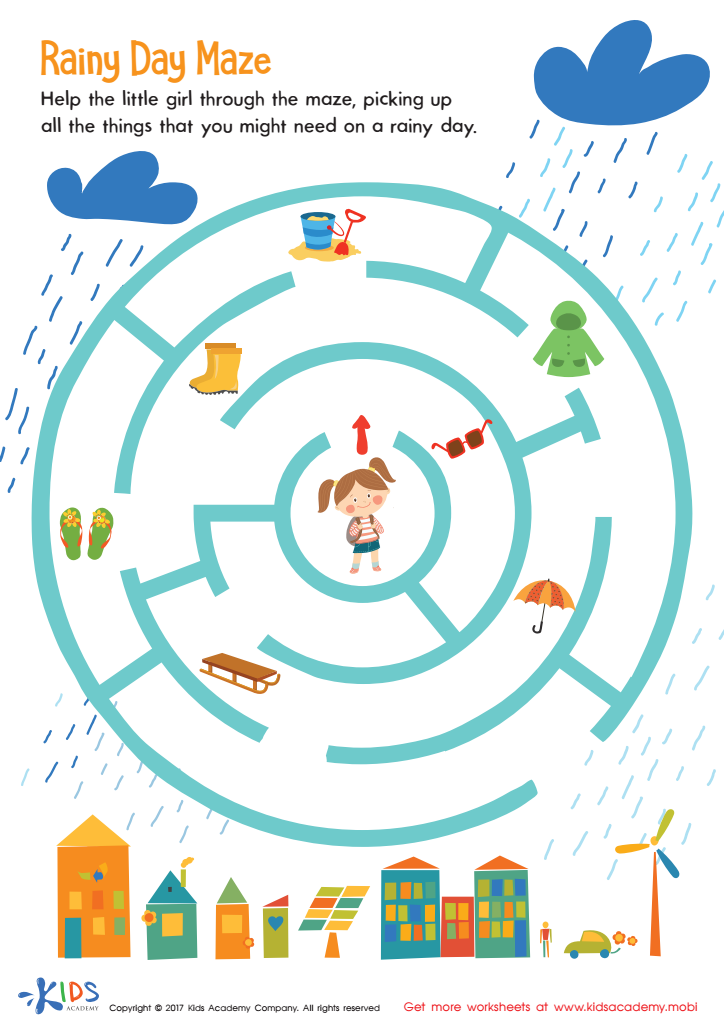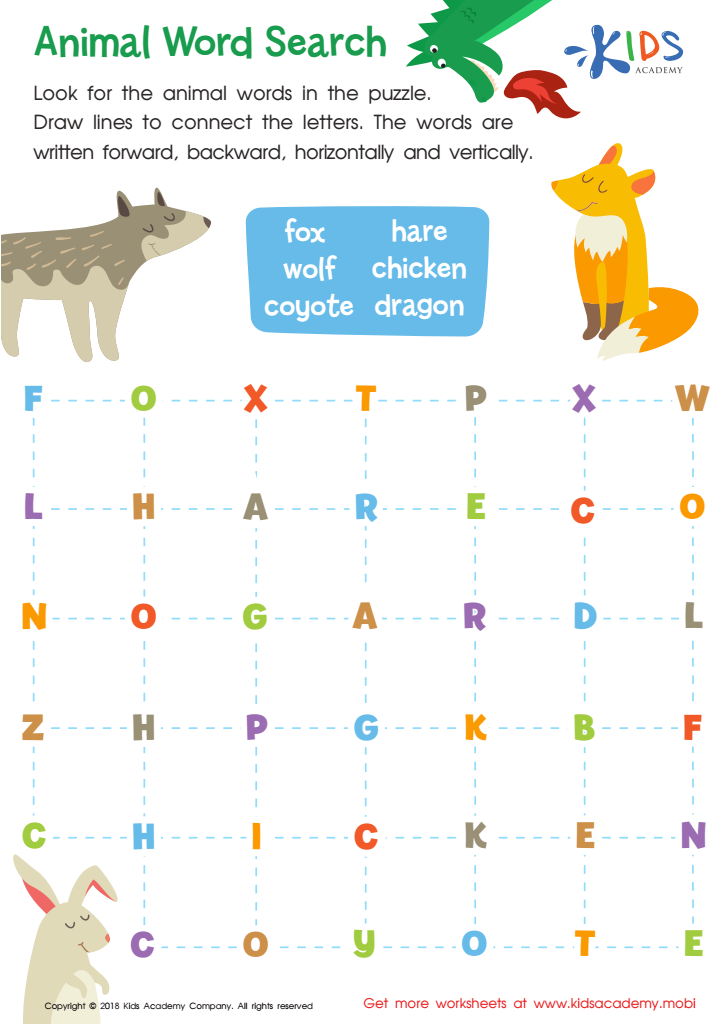Concentration improvement Science Worksheets for Ages 3-6
3 filtered results
-
From - To
Foster your child's focus and cognitive skills with our "Concentration Improvement Science Worksheets for Ages 3-6." Designed by educational experts, these engaging worksheets use fun science activities to captivate young minds. Each worksheet is tailored to enhance attention span, improve concentration, and encourage critical thinking. Perfect for preschoolers and kindergarteners, our worksheets provide an exciting way to develop essential learning skills through playful exercises and interactive challenges. Elevate your child's learning experience and prepare them for future academic success with our science-based concentration improvement resources. Discover these valuable worksheets and watch your child's abilities blossom!


Spaceship Maze: Galaxies Worksheet


Rainy Day Maze Worksheet


Animal Word Search Worksheet
Concentration improvement science holds vital importance for ages 3-6, a period of significant cognitive development. For parents and teachers, focusing on enhancing concentration can set the foundation for lifelong learning and success. During this formative stage, brain cells are rapidly forming connections, and the ability to focus can directly influence a child's capacity to acquire new skills and knowledge.
Incorporating concentration improvement techniques, such as play-based learning, mindfulness exercises, and structured activities, boosts self-control and attention span. These skills are critical for both academic and social achievements. Children learn to listen better, follow instructions, and stay on tasks longer. This heightened focus can lead to better performance in reading, writing, and problem-solving tasks, giving kids a head start in their educational journeys.
Additionally, developing concentration early helps instill a sense of discipline and resilience. In today's fast-paced, distraction-filled environment, having the ability to tune out extraneous stimuli and focus is more crucial than ever. For teachers, a focused classroom is easier to manage and more productive. For parents, a child who can concentrate well is likely to be more independent, less frustrated, and more confident. Thus, understanding and nurturing this essential skill set during the pre-primary years can lead to a more balanced, fulfilled, and academically thriving child.
 Assign to My Students
Assign to My Students




















